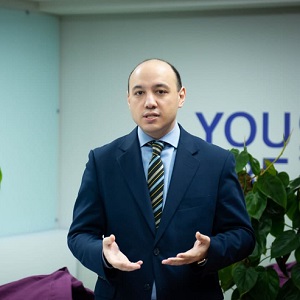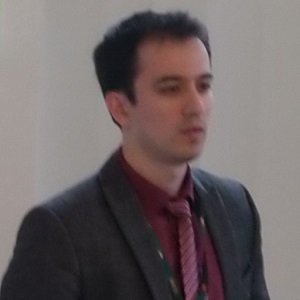Virtual Seminars on Applied Economics and Policy Analysis in Central Asia
May 27 – August 26, 2020
14 Sessions | 16:30-17:30 (Tashkent time) | Every WEDNESDAY
ABOUT WEBINAR SERIES
Virtual Event--Discussion on the Implications of the 2020 Global Food Policy Report for Eurasia
Co-Organized by the Eurasian Center for Food Security at Lomonosov Moscow State University, Westminster International University in Tashkent, the World Bank, & IFPRI
May 27, 2020 - 16:30-18:00 (Tashkent time)
IFPRI’s 2020 Global Food Policy Report was officially launched on April 7 and highlights the critical role that inclusive food systems can play in maintaining food and nutrition security, looking specifically at obstacles and opportunities as well as the tools and technologies necessary for building inclusive food systems.
COVID-19 is having an immense impact on our health and food systems on a global scale, including in the Eurasia region. The coronavirus pandemic has an immediate and long-term effect on poverty, food insecurity, and malnutrition levels especially for poor and disadvantaged people in the developing world. Consequently, the need to work towards inclusive food systems is accelerated by the impact of the coronavirus pandemic.
The Eurasian Center for Food Security at Lomonosov Moscow State University, Westminster International University in Tashkent together with the World Bank and IFPRI, invite interested food and nutrition security professionals to participate on May 27 to learn about the results of the report and to discuss the report and the impact of COVID-19 on food systems in the Eurasia region.
Opening Remarks
- Sergey Shoba, Director, Eurasian Center for Food Security at Lomonosov Moscow State University
- Renaud Seligmann, World Bank Country Director for the Russian Federation
Speakers
- Kamiljon Akramov, Senior Research Fellow, Development Strategy and Governance Division, IFPRI
- Johan Swinnen, Director General, IFPRI
Discussants
- Artavazd Hakobyan, Senior Agriculture Economist, World Bank Group
- Komiljon Karimov, Rector, Westminster International University in Tashkent
- Roman Romashkin,Deputy Director, Eurasian Center for Food Security at Lomonosov Moscow State University
- Vardan Urutyan, Rector, Armenian National Agrarian University
Moderator
- Rajul Pandya-Lorch,Director, Communications and Public Affairs & Chief of Staff, Director General's Office, IFPRI
Q&A, the participants will be requested to type their questions through the message board, and the moderator will read them.
Recorded webinar and presentations are available at IFPRI`s web site: https://www.ifpri.org/event/virtual-event-discussion-implications-2020-global-food-policy-report-eurasia
Available to download:
Jointly Organized by Westminster International University in Tashkent (WIUT), International Food Policy Research Institute (IFPRI) and Westminster Development Policy Network (WDPN)
Bakhrom Mirkasimov (WIUT

Kamiljon Akramov (IFPRI)

Nodir Djanibekov (IAMO)

Contact
Akhtem Useinov
Tel: +99871 238 74 15
Email: a.useinov@wiut.uz

